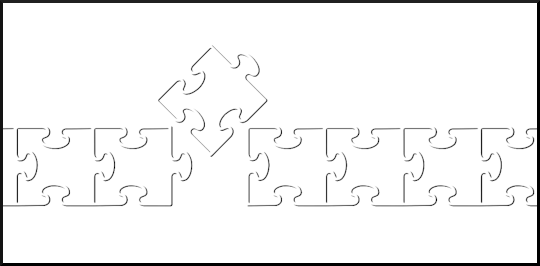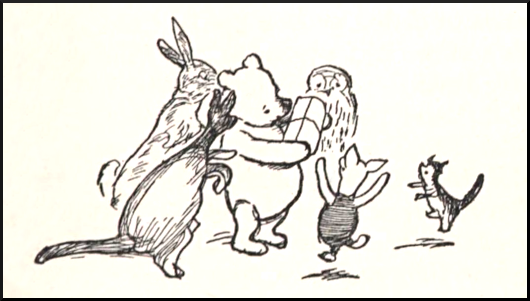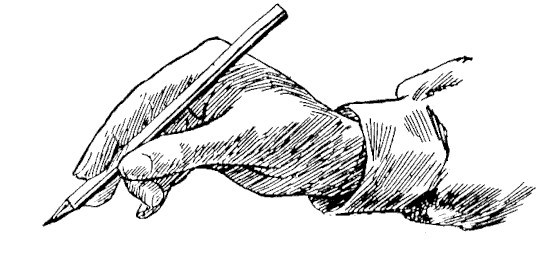Charles Baudelaire? Apocryphal?

Question for Quote Investigator: Technophiles have welcomed recent advances in artificial intelligence in the domain of art. Yet, many artists and connoisseurs have been unsettled or openly hostile.
One commentator attempted to provide historical perspective by claiming that the famous French poet and art critic Charles Baudelaire denounced the emerging technology of photography. Baudelaire said that photography had become “art’s most mortal enemy”.
Is this quotation genuine? Would you please help me to find a citation for the original statement in French?
Reply from Quote Investigator: In 1859 “Revue Française” of Paris published a letter from Charles Baudelaire under the title “Le Public Moderne et la Photographie” (“The Modern Public and Photography”). Below is an English translation of the pertinent passage followed by the original French. Boldface added to excerpts by QI:1
As the photographic industry was the refuge of all failed painters, too ill-equipped or too lazy to complete their studies, this universal infatuation bore not only the character of blindness and imbecility, but also the color of vengeance. That such a brainless conspiracy, in which one finds, as in all the others, the wicked and the dupes, can achieve absolute success, I do not believe it, or at least I do not want to believe it; but I am convinced that the ill-applied advancements of photography have greatly contributed, like all purely material progress, to the impoverishment of French artistic genius, which is already so rare.
Modern Fatuity may well roar, belch out all the rumblings of its rotund stomach, spew out all the indigestible sophisms with which a recent philosophy has stuffed it. Nevertheless, it is obvious that this industry, by invading the territories of art, has become art’s most mortal enemy, and that the confusion of functions prevents any from being well fulfilled. Poetry and progress are two ambitious people who hate each other instinctively, and when they meet on the same path, one of them must serve the other. If photography is allowed to supplement art in some of its functions, it will soon have supplanted or corrupted it altogether, thanks to the natural alliance it will find in the stupidity of the multitude.
Below is the original French followed by additional citations.
Continue reading “Quote Origin: By Invading the Territories of Art, Photography Has Become Art’s Most Mortal Enemy”







